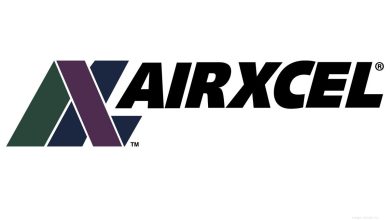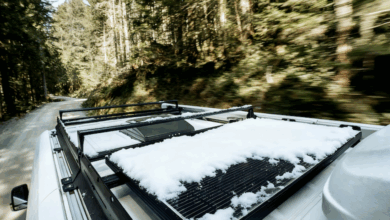CampCalNow Close to Passing Ban on RV Holding Tank Chemicals

CampCalNow Campground and RV Park Alliance is on the brink of securing passage of legislation to ban the use of RV holding tank products that contain formaldehyde and other chemicals in California.
The proposed legislation, SB 317, has already cleared the relevant committees and won unanimous approval from the California Senate. A vote in the State Assembly is expected in the coming weeks before the legislation is forward to California Gov. Gavin Newsom for approval.
The RV Industry Association recently agreed not to fight the legislation so long as the ban affecting chemical RV holding tank products was delayed for one year after the legislation takes effect, according to Debbie Sipe, CampCalNow’s soon-to-retire executive director who has spent years pushing for a statewide ban on chemically-based RV holding products.
California’s campground association has repeatedly fought to ban the use of formaldehyde in RV holding tank products in California, which the federal Environmental Protection Agency and the state Department of Toxic Substances Control have cited as a key cause of septic system failure, which can threaten groundwater supplies.
But the California association previously encountered resistance from RVIA and chemical manufacturers.
In 2010, in fact, the California association sponsored legislation, Assembly Bill 1824, to ban the use of formaldehyde in RV holding tank products, as well as other non-biodegradable chemicals, including bronopol, dowicil, glutaraldehyde, paraformaldehyde and para-dicholorobynzene. Despite RVIA’s opposition, the legislation had bipartisan support from all but three Assembly members. However, it was vetoed by Gov. Arnold Schwarzenegger, who was pushing for all chemical issues to be managed through his new Green Chemistry Initiative.
“The very serious threat that formaldehyde poses to the safety of California’s groundwater supplies is not going to go away until the state bans the use of holding tank products that contain this chemical and other non-biodegradable chemicals,” Sipe said. “What has changed now is that California’s nine regional water boards have figured out the threat these chemicals pose. As a result, RV parks around the state are under fire to eliminate the products from their systems. State officials are aware of several California campgrounds that have experienced septic system failures that took place as a result of formaldehyde-laden waste being dumped into their systems over the past two decades.”
The U.S. Environmental Protection Agency issued a public warning 20 years ago about the dangers of using RV holding tank products with formaldehyde.
“When chemicals, such as formaldehyde, are added to septic systems,” the EPA wrote, “they can cause bacteria in the system to die. When this happens, the septic system cannot treat waste effectively. Solids that are allowed to pass from the septic tank, due to inadequate or incomplete treatment, may clog the leach field. Furthermore, clogged systems may send inadequately treated sewage to the surface, threatening the health of people or pets who come into contact with it. Or it may percolate to groundwater, where the chemicals and untreated wastewater could contaminate nearby drinking water wells, rivers and streams.”
Sipe added that plenty of environmentally friendly, enzyme or bacteria based RV holding tank products are available today that actually help improve septic system performance and pose no risks to water supplies.
Based in Auburn, Calif., the CampCalNow Campground and RV Park Alliance is the trade group that represents campgrounds, RV parks and RV resorts in California.



